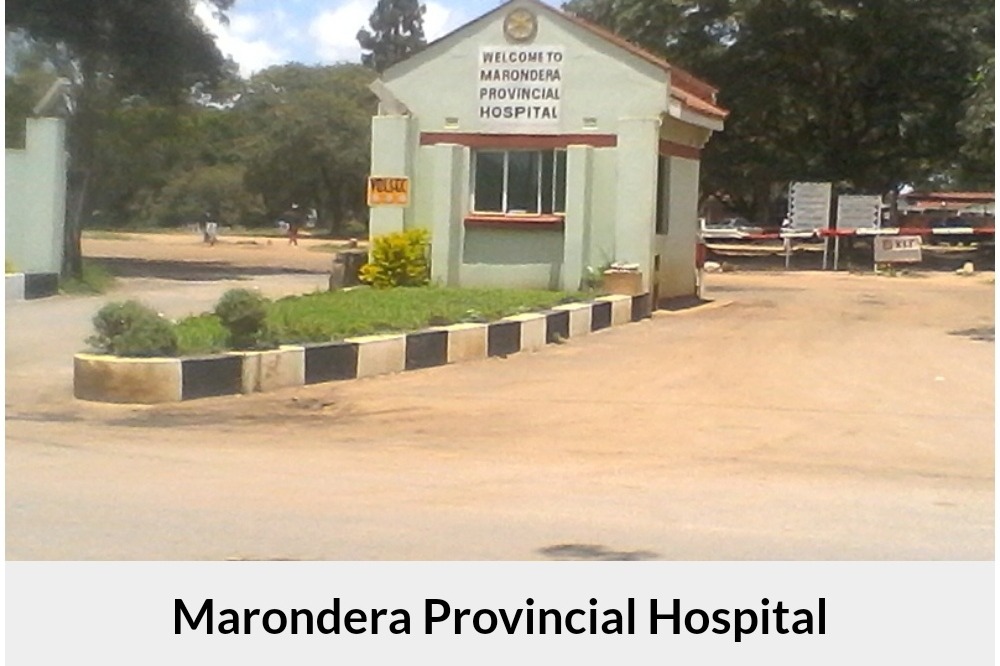Province increasing livestock and crop production
Share
MARONDERA- Agriculture and Rural Development Services (AARDS) director for
Mashonaland East Leonard Munamati has applauded the province for increasing
livestock production.
In a recent interview with Chaminuka News, Munamati revealed that beef production
increased by 6 percent in 2022 and continues on the upward trend.
Milk production has been increasing and during the first quarter of this year, the
province contributed 53.6 percent to the national production.
“This is indeed commendable. My encouragement is to ask investors to come to this
province and establish milk processing plants as well as more abattoirs so that we
add the value of livestock production. Livestock production is big business in this
province and could be one of the answers to climate change as it can cushion
farmers in times of crop failure.
“We need to manufacture our own livestock feed in this province rather than relying
on other provinces. Maximum support in rebuilding the national herd will put us a
stable footing to export beef and other meat products and make sure that we put a
stop to imports of genetically modified foods,” he said.
Munamati bemoaned the negative effects of veld fires that are pushing back the
gains made in the province’s livestock sector.
He said: “While production and productivity is increasing, uncontrolled veld fires have
become a big threat. We need more effort, teamwork and fire campaigns to prevent
uncontrolled veld fires which continue to be rampant. Veld fires are threatening food
security as most fields destroyed constitute valuable grazing land and valuable
gardens.
“Farmers must take heed to put preventive measures around properties and have
fire-fighting teams in place to fight fire in the vent of outbreaks.”
As at early September this year, Mashonaland East had seen a total of 43 608
hectares of land being destroyed by veld fires, placing the on third position in terms
of provinces with the highest area burnt by veld fires after Mashonaland West (74
482 hectares) and Matabeleland North (101 298 hectares).
As the country is in the midst of preparing for the 2023/2024 summer cropping
season, the province’s AARDS director challenged farmers to find ways through
which they can add value to their agriculture produce.
“While we continue to realise an increase in production and productivity, we also
need to look at how we can add value to our agriculture produce, The concept of
value addition is critical to the success of the agriculture industry in our province. We
must be in a position to produce our cereals and also be able to process them
thereby adding value.
“Our cereals must produce mealie-meal and flour in this province to improve our
Gross Domestic Product (GDP). As a province, we must have our own functional
milling companies and the private sector must come in and invest in value addition of
our agricultural products,” Munamati said.
During the last summer cropping season, the province recorded an increase in the
production of cereals after reaching the 180 000 metric tonnes mark. Maize yield
increased from 0.7 tonnes per hectare in the 2021/2022 season to 1.83 tonnes per
hectare in the 2022/2023 season.
Farmers who made use of the early rains and spread their risks by planting different
crop varieties during the season managed to get better yields.
The winter wheat season brought a positive output for the province after it recorded
a recorded of 16 970 hectares grown under winter wheat.









